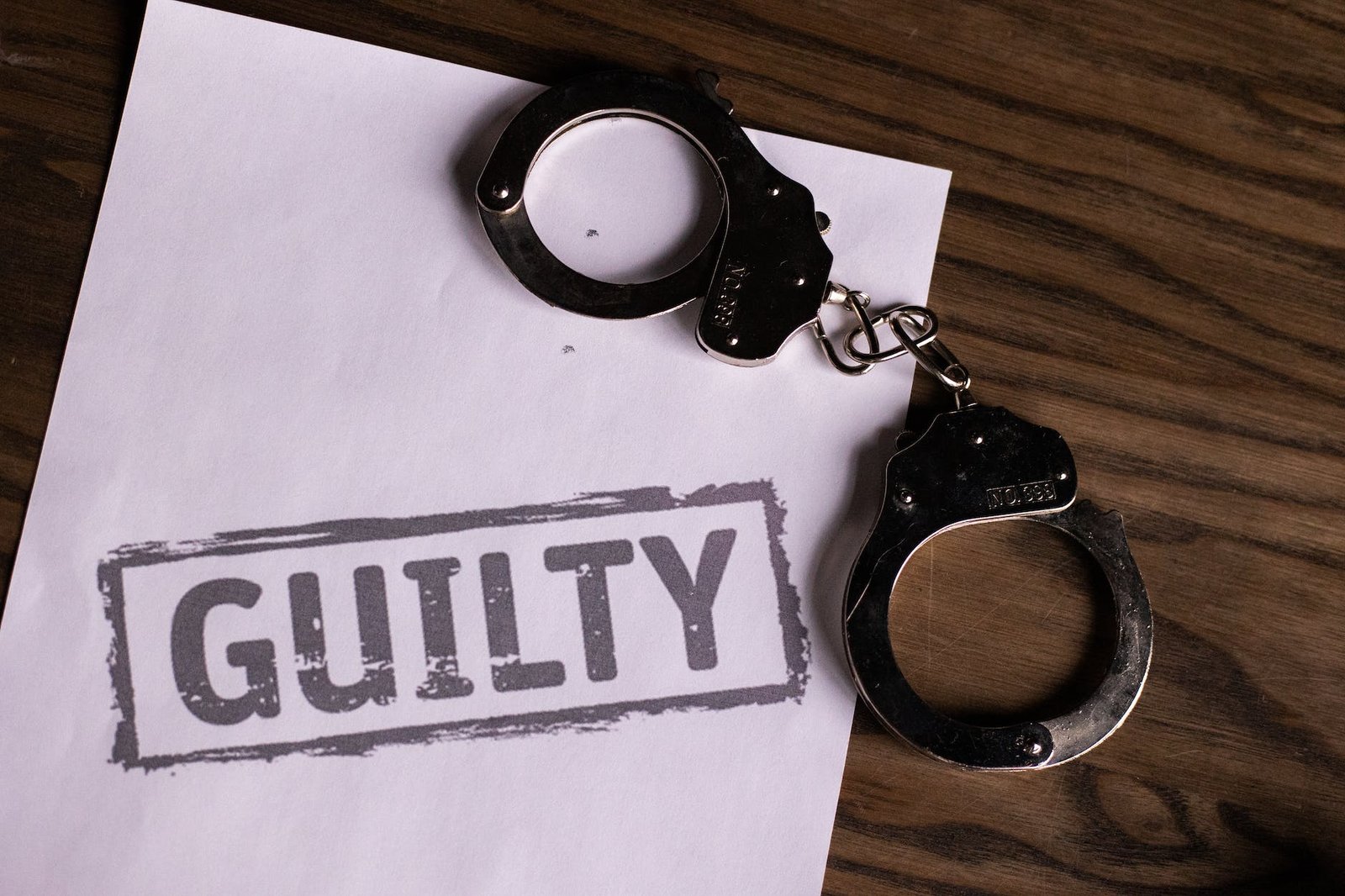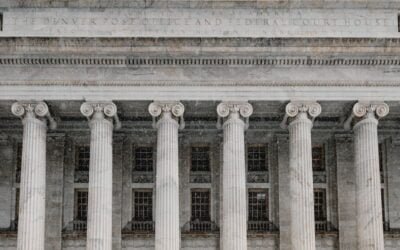In the pursuit of justice, it is essential that the legal system upholds the principles of fairness, integrity, and proportionality. However, a concerning scenario arises when individuals who are guilty of a crime are charged with a higher offense to ‘teach a lesson’ due to a lack of cooperation.
This practice, known as overcharging, undermines the very foundation of justice, as it prioritizes punishment over truth and fairness. While the intention may be to deter others from similar actions, the consequences can be severe and unjust.
Overcharging occurs when prosecutors decide to charge an individual with a more serious offense than what the evidence supports. This tactic is often employed when the defendant refuses to cooperate with the prosecution or plea bargain. By inflating the charges, prosecutors aim to increase the potential penalties, putting pressure on the defendant to plead guilty or provide information.
The repercussions of overcharging are far-reaching. Firstly, it distorts the truth-seeking process. The focus shifts from establishing the facts and determining guilt based on evidence to coercing a plea deal or securing a conviction at any cost. This undermines the credibility of the justice system, eroding public trust and confidence.
Secondly, overcharging leads to disproportionate punishments. When defendants face charges that do not align with their actual culpability, they may receive sentences that are much harsher than what is fair. This not only infringes upon their rights but also perpetuates a cycle of injustice.
Furthermore, overcharging has a chilling effect on individuals’ willingness to exercise their right to remain silent or to have their day in court. The fear of being charged with a higher offense can coerce innocent people into accepting plea deals, even if they believe they have a strong case for their defense. This compromises the principle that individuals are innocent until proven guilty and hampers the pursuit of truth.
The consequences of overcharging extend beyond the individuals directly affected. The practice contributes to the overcrowding of prisons and strains the resources of the criminal justice system. With limited resources, time, and attention, cases that could benefit from more thorough investigation may be overlooked, leading to potential wrongful convictions.
Efforts to address the issue of overcharging are crucial in restoring fairness to the justice system. Prosecutors should be held accountable for their charging decisions, ensuring that they are based on a careful assessment of the evidence and a genuine pursuit of justice rather than a desire to secure convictions.
In addition, legal reforms that encourage cooperation without resorting to overcharging should be explored. Offering incentives for defendants to provide information or cooperate in other ways can be a more ethical and effective approach, one that upholds the principles of justice while still discouraging criminal behavior.
Ultimately, the pursuit of justice should be guided by fairness, proportionality, and truth. Overcharging not only fails to achieve these objectives but also undermines the integrity of the legal system. It is imperative that we recognize the dangers of this practice and work towards a more just and equitable system for all.




0 Comments